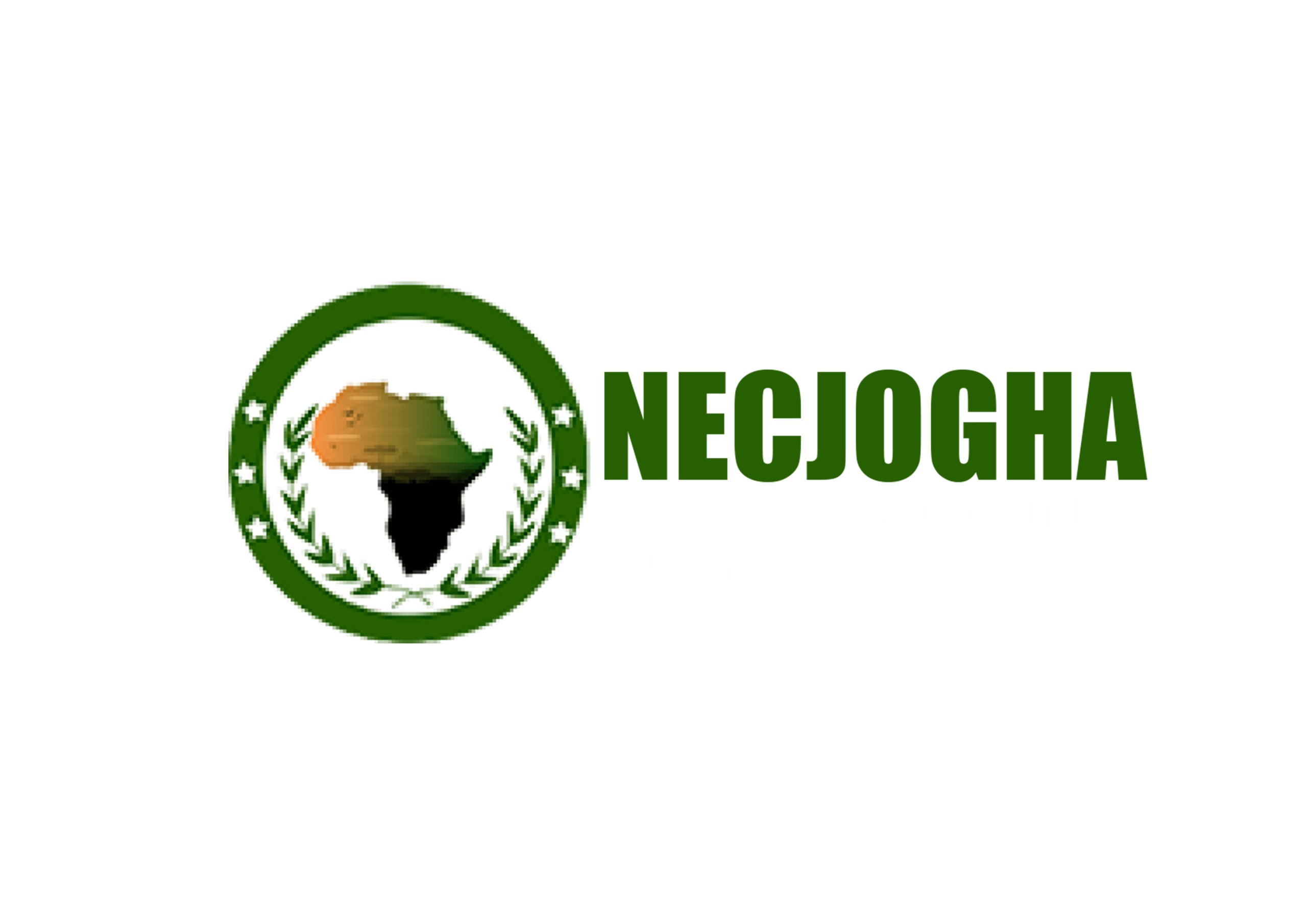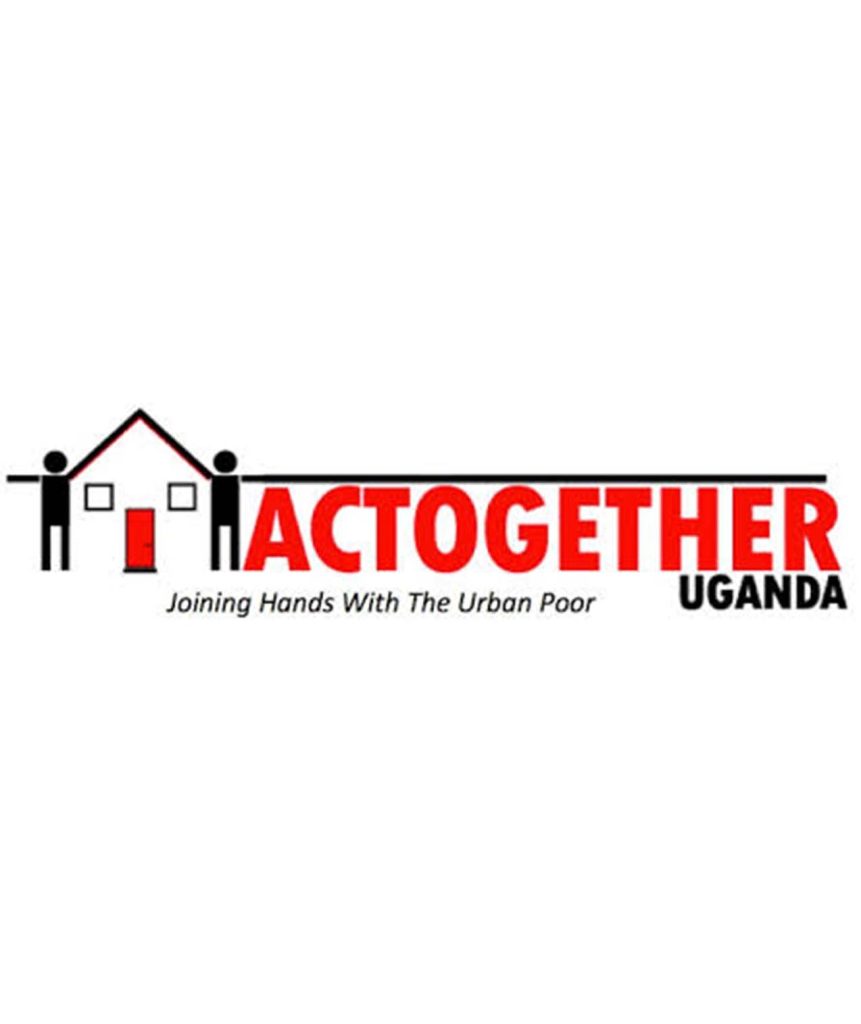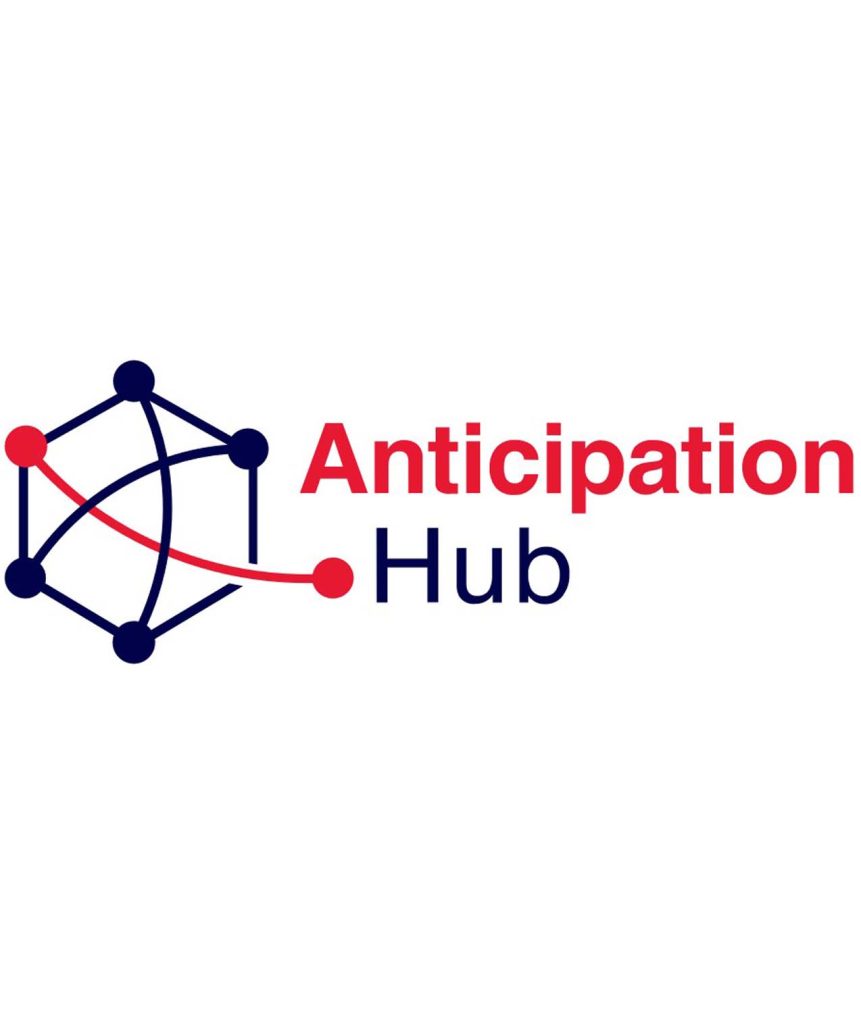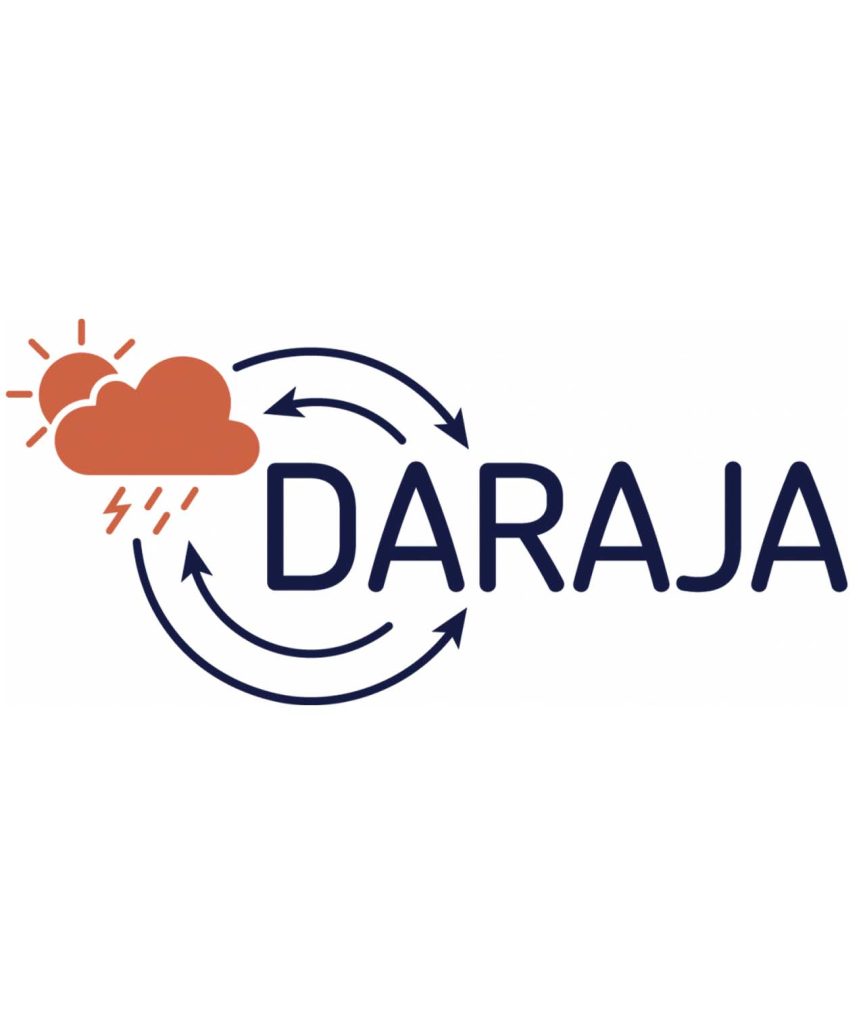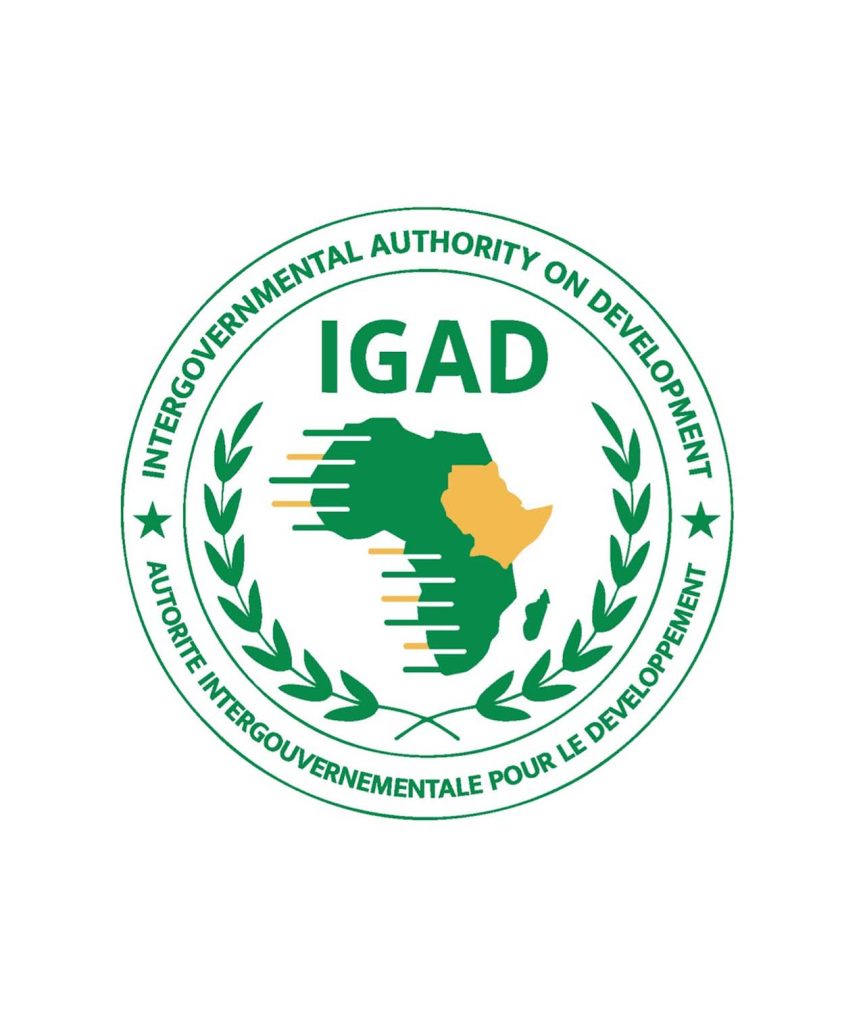From 29 to 31 July 2025, Government officials and technical experts from 13 countries in Africa convened in Mauritius for a pivotal regional workshop focused on enhancing the use of the Sendai Framework Monitor (SFM), with special emphasis on Target G, which focuses on increasing the availability and access to multi-hazard early warning systems (MHEWS). Achieving Target G is crucial for protecting communities from the impacts of disasters, while the SFM is a vital tool for tracking disaster risk reduction (DRR) and accelerating progress toward achieving the targets set out to reduce disaster risk and enhance resilience.
Hosted by the United Nations Office for Disaster Risk Reduction (UNDRR) and supported by the European Union (EU), Indian Ocean Commission (IOC), and other key partners, the workshop provided training, peer learning amongst countries, and tailored technical guidance to address persistent challenges in SFM implementation, including limited capacity, data gaps, coordination barriers, and quality assurance. It also focused on the importance of including gender-responsive data in early warning systems.

GIS Mauritius
Stakeholders engage in discussions and learning of the Sendai Framework Monitor
“The European Union is proud to be associated with this work on disaster risk reduction and resilience building. We renew our commitment to support the implementation of the Sendai Framework,” said Mr. Mario Vitos, First Secretary, European Union
Participants engaged in practical exercises and collaborative discussions covering all aspects of Target G reporting; from understanding indicator metadata and national data ecosystems to applying SFM tools. A dedicated “reporting clinic” enabled countries to work through real-world scenarios using the Sendai Monitor Training Platform.
The workshop also spotlighted the Early Warnings for All (EW4All) initiative, launched by the UN Secretary-General in 2022, which aims to ensure that every person on Earth is protected by early warning systems by 2027. Reliable SFM reporting is essential to track progress and direct resources where they are most needed.
“The work ahead of us requires collaboration across disciplines, from meteorological data to statistical analysis to disaster response strategies. It is this combined expertise that will ensure we are fully prepared to meet the challenges ahead,” said Ms. Mithulina Chatterjee Samantaray, Head of Resident Coordinator Office of Mauritius and Seychelles, in her opening remarks.

GIS Mauritius
Government officials and technical experts from 13 countries pose for a group photo
A key focus of the workshop was strengthening inter-agency collaboration; particularly among National Disaster Management Agencies (NDMAs), National Hydro-Meteorological Services, and National Statistical Offices, to ensure disaster risk data is effectively integrated into national policy and development planning.
“Thanks to this cooperation, we are strengthening the capacity and resilience of IOC countries. This workshop is a valuable opportunity to share progress and learn from others,” said Mr. Edgard Razafindravahy, Secretary General, Indian Ocean Commission (IOC)
By addressing data gaps, improving coordination, and fostering regional collaboration, Africa is taking important strides toward ensuring early warning systems are accessible to all by 2027. The continued enhancement of SFM use will be critical in building disaster-resilient communities across Africa.

